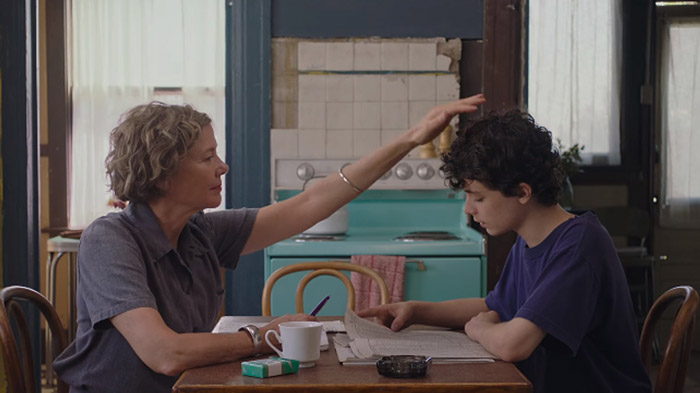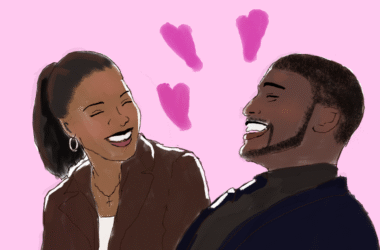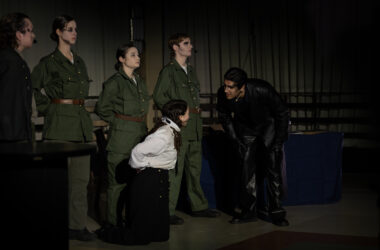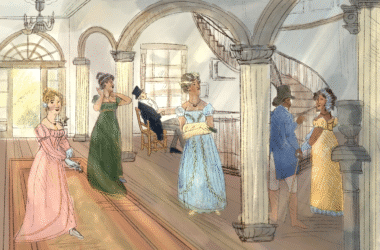On Jan. 20, the eve of the Women’s March on Washington, production house A24 made a quiet announcement. The producer of some of the most notable films of the past few years—Spring Breakers, Moonlight, Under The Skin—declared that all of the opening weekend earnings of its newest film, 20th Century Women, would be donated to Planned Parenthood.
At a time when misogyny has found new footing in political discourse, this compassionate gesture comes as a striking reminder of the potential for artists to aid in social justice causes. It’s also emblematic of writer-director Mike Mills’ uncompromisingly feminist vision in 20th Century Women.
Mills’ recent venture, 2012’s Beginners, starred Christopher Plummer as a fictionalized version of the director’s father. It was well-received, largely due to the powerful warmth Mills imbued in his characters, though it suffered from some tropey indie-romance quirks. 20th Century Women takes a similar quasi-autobiographical tact, but forgoes the gratuitous cheese in favour of sincere feeling and laughter. Annette Bening stars as Dorothea, loosely representing Mills’ single mother, who, along with Abbie (Greta Gerwig) and Julie (Elle Fanning), attempts to raise her fifteen-year-old son, Jamie (Lucas Jade Zumman) in Santa Barbara, in 1979.
The real-life inspiration behind 20th Century Women is evident throughout Mills’ film. From the colourful set designs to the post-punk soundtrack, to the disarmingly candid dialogue, Mills’ personal connection with his work shines through. He writes complicated female characters with a deep-seeded admiration and love. They are flawed and not as transparent as protagonists often are, but admired all the more in their inscrutability.
None of this would be possible without magnetic performances across the board. Bening exudes a remarkably assured liveliness each time she enters the frame. With a cigarette perched between two fingers, her superbly expressive face breathes volumes into the pauses of her frequent, “Yeah . . . no,” mannerism. Her honest, collective approach to parenting conveys depths far exceeding her role as a mother.
The sexual awakening of second wave feminism is integral to 20th Century Women. Throughout the film, Dorothea, Abbie, and Julie grapple with their unique concepts of femininity. As Jamie embraces the tenets of radical feminism, he struggles to understand the women in his own life. While both Lucas Jade Zumman and Billy Crudup—as William, an aging California hippie—deliver stirring performances, the spotlight is definitively cast on the three female leads, who are constructed with loving attention to detail.
For the work of the captivating performances, in 20th Century Women’s 118 minutes very little happens, although in watching the film it feels as if Mills is moving mountains. While this lack of action could be considered a lack of focus on the part of the filmmaker, the result is an effective subversion of our narrative expectations. Although we’re tempted to look forward to Jamie losing his virginity to Julie as a sort of culmination of themes, the script is too insistently thoughtful and empowering of its female characters to allow for this familiar, male-centred coming-of-age tale ending to occur. Mills doesn’t want to sell us a neat, fictional resolution, instead favouring the ambiguousness of real life.









